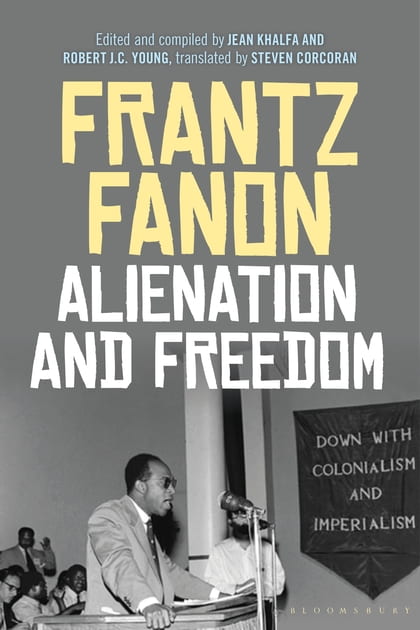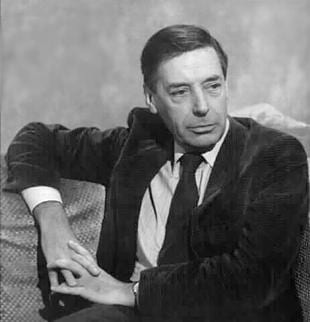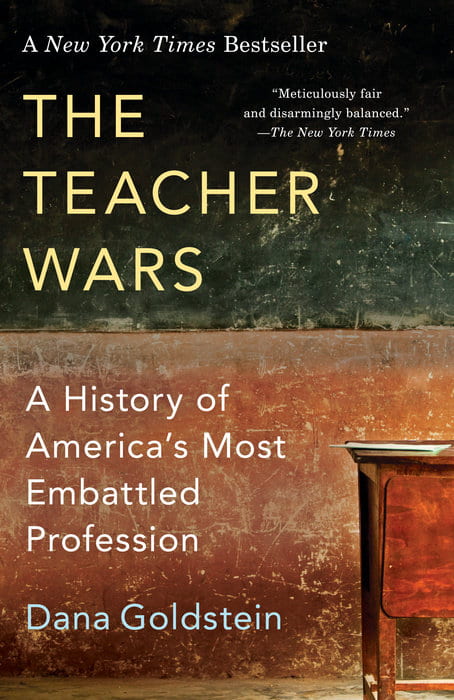Kristin
While generally accustomed to questions more politically utilitarian than philosophical, my recent studies have led to a new forest of questions which I am having all too much fun exploring. These questions surround the concept of leadership. In a world with so many challenges to face, what does it mean to be a capable leader? Which qualities are understood to be the most beneficial in a leadership position? Which behaviors might be observed to indicate the degree to which these qualities are present in an individual?
In this exploration of qualities and behaviors indicating an aptitude for leadership, Shih-ying Yang and Robert J. Sternberg’s co-authored article, “Conceptions of Intelligence in Ancient Chinese Philosophy” (Journal of Theoretical and Philosophical Psychology 17, no. 2 [1997]) has been a fascinating and highly informative read. Drawing from a cultural tradition in which intelligence is immensely valued as a sign of leadership potential, Yang and Sternberg detail the concept of intelligence as described by ancient Confucian scholars, and as a separate group, ancient scholars of the Daoist tradition. After a lengthy analysis of philosophical texts, the co-authors reflect on the influences of these two distinct understandings of intelligence on the modern Chinese education system and leadership culture.
With textual roots and analysis strong enough to attract Sinologists and a writing style which renders the material accessible to those more generally interested in the intellectual history of intellect itself, “Conceptions of Intelligence in Ancient Chinese Philosophy” is a work offering insights on questions of political, philosophical, and historical natures.
Disha:

Frantz Fanon, Alienation and Freedom (Bloomsbury, 2018).
Previously unpublished writings by Frantz Fanon have been gathered in English in a new volume edited by Jean Khalfa and Robert J.C. Young (translated by Steven Corcoran). Alienation and Freedom contains much literary and psychiatric work, which, when read alongside Fanon’s canonical texts on colonialism, revolution, and Blackness, should offer a new portrait of the man as well as of the oeuvre which has been so critical for thinking through what it means to be oppressed and what it might mean to be free. I’m looking forward to working through this volume in tandem with a seminar on Capital, as part of a methodological deep-dive on writing about twentieth century anti-imperialism as I move into the prospectus phase of my degree.
Reading Theory, by the Canadian writer Dionne Brand, will be a continuation of this year’s happy regimen of first-person narratives by women, and should arrive in time for me to finish Ottessa Mossfegh’s My Year of Rest and Relaxation. In Theory, an unnamed narrator labors on a dissertation that is supposed to be monumental, while being interrupted by the transformative messiness of encounters with other people:
In retrospect, I loved Selah for reasons anyone can understand. First, she loved herself more than she loved me. And this led me to think that I would get some respite from the world, and at the same time receive the little affections I required to complete my life’s work: my dissertation.
I haven’t read it yet, so I can’t say much more than that, but I suspect that September is a good time to turn to books about writing, scholarship, and academic work that allow us not to take this whole enterprise too seriously, all the while underscoring the immense seriousness of even that attempt. Last year at this time I was spending a lot of time with Selin, the undergraduate narrator of Elif Batuman’s The Idiot, and I think Brand’s narrator will also be good company.
Simon
At a workshop and in recent articles, I’ve encountered philosophers and intellectual historians grappling with the work of Bernard Williams to understand what we’re doing when we write the “genealogy” of ideas, and why such history matters to the way we think about those ideas. I’ve been interested in the philosophical underpinnings of such stories of the origins and development of ideas for some time, so after reading the philosopher Amia Srinivasan talk about Williams’ thoughts on the topic, I decided to read for myself.

Bernard Williams
Bernard Williams (1929–2003) was a British philosopher who garnered a reputation for refreshingly elegant prose and an attention to the history of ethical ideas that is uncommon to the tradition of analytic philosophy from which he came. In his essay “Philosophy as a Humanistic Discipline,” Williams challenges philosophers (and by extension intellectual historians) who build normative claims through concepts to recognize that “in many cases the content of our concepts is a contingent historical phenomenon.” Even though our concepts gain their meaning through history, they often don’t feel like it. Our commitment to the natural equality of people, for instance, seems itself natural and beyond the scope of debate, even though we know that there was a time when no one subscribed to it. Even since people began to subscribe to it they’ve meant very different things by “equality” and “persons.” This orients research toward the explanatory question of why some ideas seem natural, and what conditions perpetuate them.

Dana Goldstein, The Teacher Wars: A History of America’s Most Embattled Profession (Penguin Random House, 2014).
Williams points the way toward the natural assumptions that stay with us as phenomena in need of explaining, and we can take him further to question the sources of the perennial problems that arise when those assumptions diverge. This is the kind of framework in which Dana Goldstein, a reporter at the New York Times, approaches her subject in The Teacher Wars: A History of America’s Most Embattled Profession (2014). In this compelling and accessible history of the teaching profession in the United States, Goldstein illustrates the continuities in debates, separated by centuries, about the professionalism of educators, democratic control of schools and equality of students’ education. She links arguments among nineteenth-century education reformers and early feminists about the professionalization of a teaching field associated with women’s work with contemporary debates about Teach for America and the meaning of a “professional” teaching force. Goldstein doesn’t just remind us that debates that seem new actually aren’t, but also leads the reader to think about whether these disagreements emerge from a recent history of feminization, unionization or integration, or from some deeper national commitment to democratic relations in all institutions.



Leave a Reply